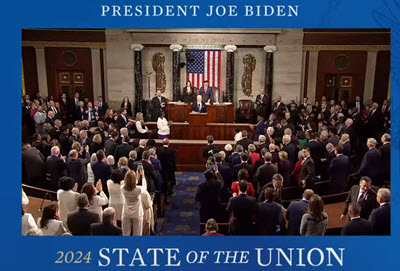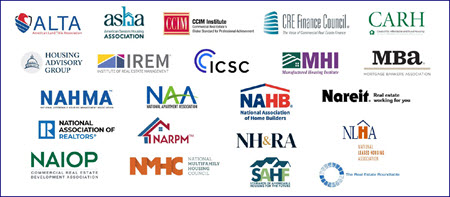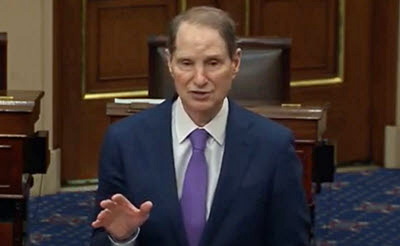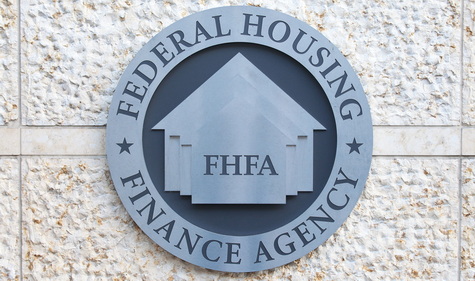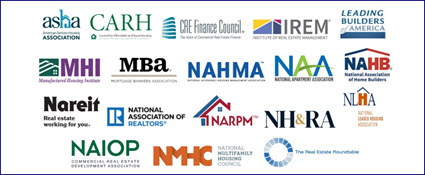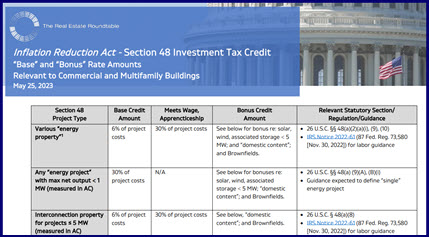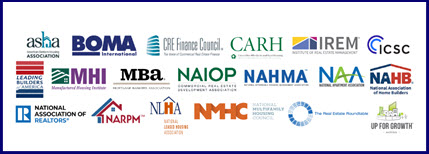President Joe Biden’s State of the Union address last night included proposals to levy a 25 percent minimum tax on wealthy individuals, increase the corporate tax rate from 21 to 28 percent, and raise the alternative minimum tax on large corporations from 15 to 21 percent. He also called on Congress to pass legislation to support the construction or rehabilitation of more than 2 million homes and rolled out new tax incentives for homebuyers. (Biden’s Remarks | White House Fact Sheets on Taxes and Housing, March 7)
Proposed Tax Increases
- Biden proposed to levy a 25 percent minimum tax on those with wealth of more than $100 million. He committed to not raising taxes on those making $400,000 or less while heavily criticizing the 2017 Tax Cuts and Jobs Act (TCJA) as a $2 trillion giveaway to high-income households and corporations. (Tax Policy Center | Forbes, March 8)
- Most of the Biden tax agenda is carried over from his prior budgets and includes provisions that he was unable to pass when Democrats controlled both chambers of Congress. While not detailed in his speech, the White House’s upcoming 2025 budget could include past proposals to raise taxes on real estate like-kind exchanges and carried interest income. (Roundtable Weekly, March 10, 2023)
- Many provisions from the 2017 tax bill will expire at the end of 2025, including the 20 percent deduction for pass-through business income, the cap on the deductibility of state and local taxes, and the reduction in the top individual tax rate from 39.6 to 37 percent. The approaching expiration of the individual provisions creates a tax “cliff” that is likely to drive tax negotiations next year.
Housing Plan

- The White House’s Fact Sheet on housing describes the administration’s plans to establish new tax credits for first-time homebuyers and individuals who sell their starter homes. The tax credit for home sellers seeks to address the “lock-in” effect associated with current high interest rates.The president would also increase spending on affordable housing by Federal Home Loan Banks. (PoliticoPro and White House Fact Sheet on Housing, March 7)
- The White House Fact Sheet also includes an expansion of the low-income housing tax credit (LIHTC) to support an additional 1.2 million affordable rental units and a new Neighborhood Homes Tax Credit to encourage the construction or preservation of over 400,000 affordable, owner-occupied homes. Bipartisan legislation to expand LIHTC passed the House in January and is pending in the Senate.
- The National Multifamily Housing Council (NMHC) and nine industry groups responded to the negative aspects of Biden’s housing plan. A coalition letter explained how proposals to limit fee for service arrangements would hurt renters by undermining the administration’s objectives of lowering housing costs, driving new housing development, and creating more affordable rental housing. President Biden has also supported Department of Justice and Federal Trade Commission investigations into rental rate fixing—investigations that many in the industry believe are highly questionable. (NMHC statement and real estate coalition letter, March 7)
Funding Watch
- After the House passed a spending package this week to fund several federal agencies through September, the Senate has until midnight tonight to pass the bill and avoid a partial government shutdown.
- Approval from all 100 senators is necessary to fast track the process. The consideration of multiple amendments could delay a final vote until Saturday, necessitating a temporary funding extension to avoid disruption and get the final bill to President Biden for his signature. (The Hill, March 8)
The next government funding deadline is March 22, which requires a new spending package to fund the Pentagon, Health and Human Services, Labor, and other agencies. Policymakers agreed on this two-tiered stopgap funding plan (March 8 and 22) to buy time to negotiate a full-year appropriations bill. (Roundtable Weekly, March 1)
# # #
